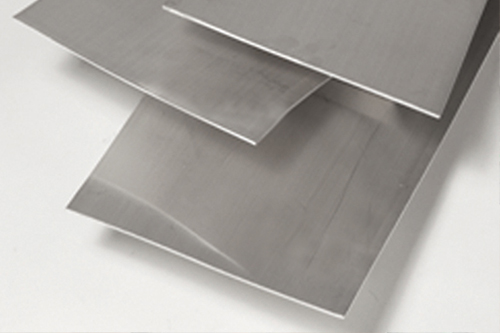Research and Application of Magnesium Alloys in Aerospace Field

Lightweight Advantage: One of the most significant advantages of magnesium alloys is their low density, which makes them attractive for aerospace applications. Weight reduction is critical in aerospace design as it can lead to increased fuel efficiency and improved performance.
Strength and Stiffness: While magnesium alloys are lightweight, they also offer reasonable strength and stiffness, making them suitable for structural components in aircraft and spacecraft.
Corrosion Resistance: Magnesium alloys can be prone to corrosion, but advancements in alloying and coating techniques have improved their resistance to corrosion, making them more suitable for aerospace environments.
High Specific Strength: Specific strength is a material's strength-to-density ratio. Magnesium alloys exhibit high specific strength, which makes them appealing for aerospace applications where weight reduction is a priority.
Heat Transfer Applications: Magnesium alloys are used in heat transfer applications, such as radiators and heat exchangers, due to their good thermal conductivity.
Engine Components: Magnesium alloys have been researched for use in engine components like gearbox housings, valve covers, and pistons. Their lightweight nature can contribute to improved fuel efficiency.
Interior Components: Magnesium alloys are also used in the interior components of aircraft, such as seats and cabin structures, where their lightweight properties can improve overall efficiency.
Research on New Alloys: Ongoing research focuses on developing new magnesium alloys with improved properties, including better mechanical strength, fatigue resistance, and corrosion resistance, to expand their aerospace applications.
Composite Materials: Combining magnesium alloys with other materials in composite structures can further enhance their performance and expand their use in aerospace.











